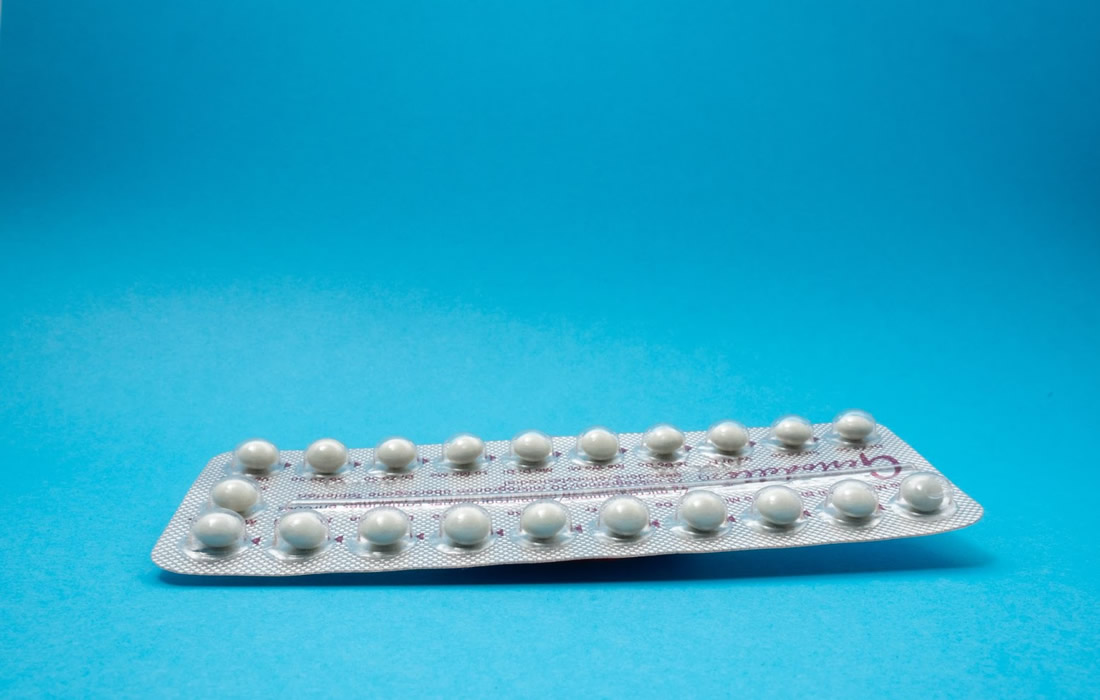Regenerative Medicine News and General Information
Study Suggests Birth-Control Pills Affect the Body’s Ability to Regulate Stress
A new study shows that birth-control pills negatively impact women’s stress response.
Researchers have studied the stress response of 131 young women when having a blood sample taken. Some of the women were on birth-control pills, while others were not. The researchers specifically measured the levels of the stress hormone ACTH in the women’s blood.
The study showed that 15 minutes of social activity after having a blood sample taken lowers stress hormone levels in women who are not on the birth-control pill. In contrast, women who are on birth-control pills do not experience any reduction of their ACTH levels.
The study differs from previous studies that have primarily focused on the stress hormone cortisol in extreme circumstances. In this study, the researchers measured the stress hormone ACTH, which changes significantly faster than cortisol. This makes it possible to observe and analyze rapid changes in a person’s stress response.
“By studying ACTH levels, we take another step towards understanding how the brain regulates stress as ACTH acts as a neurotransmitter from the brain to the adrenal cortex, which produces cortisol. When we analyze ACTH levels, we can gain insight into the quick-response mechanism that controls the body’s reaction to stress,” says Michael Winterdahl.
Birth-control pills are known for being able to affect the hypothalamic-pituitary-adrenal axis. As the name indicates, the stress signal travels from the hypothalamus in the brain through the pituitary gland, that releases ACTH, to the adrenal glands, that release cortisol.
The study involved women who used birth-control pills and women who didn’t. The women were at different phases of their menstrual cycle.
The study revealed that the stress response in women who do not take birth-control pills depends on where they are in their monthly cycle. The stress-reducing group activities had no effect on the ACTH levels of the women who were in the proliferative phase of their cycle — just after their period has ended and the body begins producing hormones to get ovulation started.
“Progesterone levels are very low during the proliferative phase of a natural cycle. This leads to a minimal conversion of progesterone into the hormone allopregnanolone. Since allopregnanolone is important for activating the receptors that regulate the stress response, we don’t see a reduction in ACTH levels in women with a natural cycle who have just had their period,” says Michael Winterdahl.
Research still cannot explain exactly how this affects women. Additional research is therefore necessary to clarify the complex mechanisms involved in the correlation between hormone levels and the stress response.
“It’s also relevant to point out that birth-control pills aren’t just contraceptives. There are different generations of the pill, each with its own chemical structure due to the hormones used, which means the pills have different side-effect profiles. It’s therefore crucial that our experiments are reproduced with a larger and more diverse group of test subjects,” says Michael Winterdahl.
Sources:
Marie Vadstrup Pedersen, Line Mathilde Brostrup Hansen, Ben Garforth, Paul J. Zak, Michael Winterdahl. Adrenocorticotropic hormone secretion in response to anticipatory stress and venepuncture: The role of menstrual phase and oral contraceptive use. Behavioural Brain Research, 2023; 452: 114550 DOI: 10.1016/j.bbr.2023.114550
Aarhus University. “Birth-control pills affect the body’s ability to regulate stress, study suggests.” ScienceDaily. ScienceDaily, 7 July 2023. <www.sciencedaily.com/releases/2023/07/230707111648.htm>.
Images from:
Photo by Reproductive Health Supplies Coalitions
https://unsplash.com/photos/gRRtWpFFMK8

